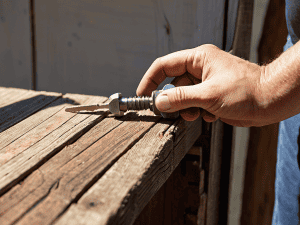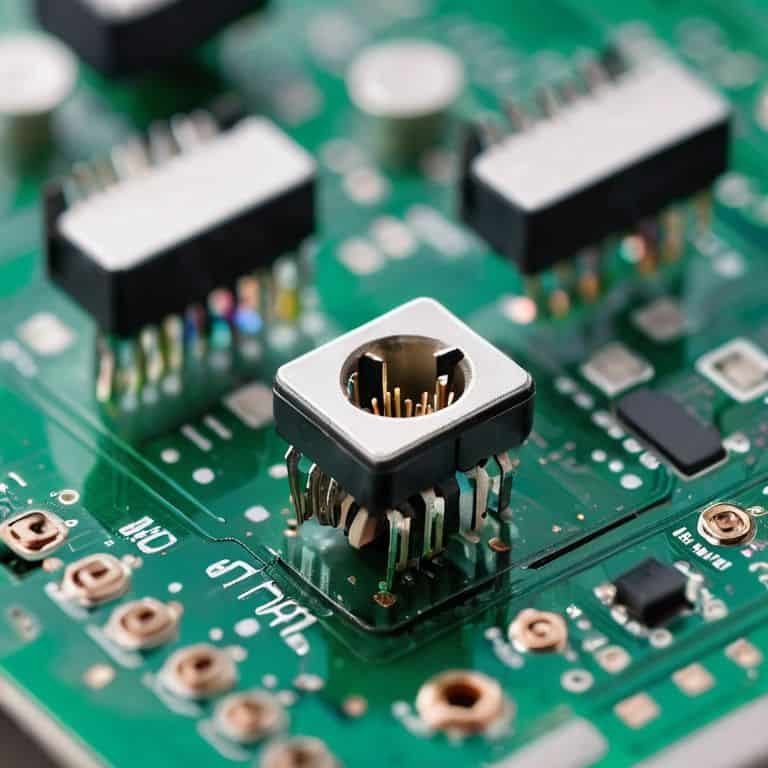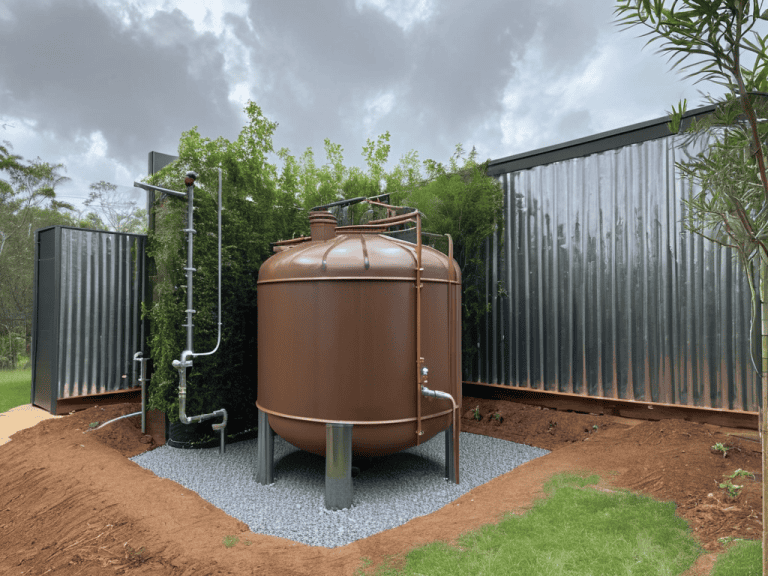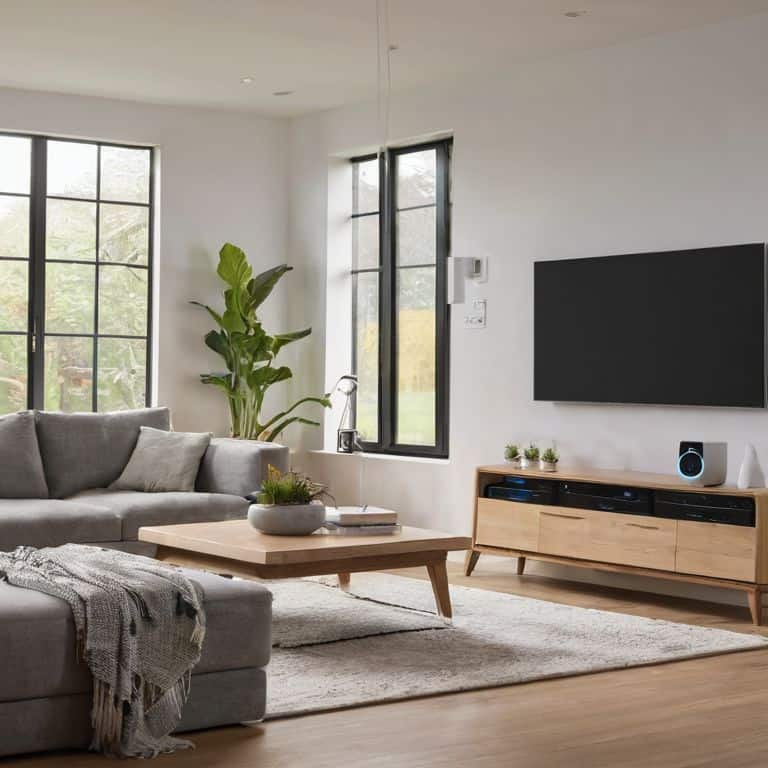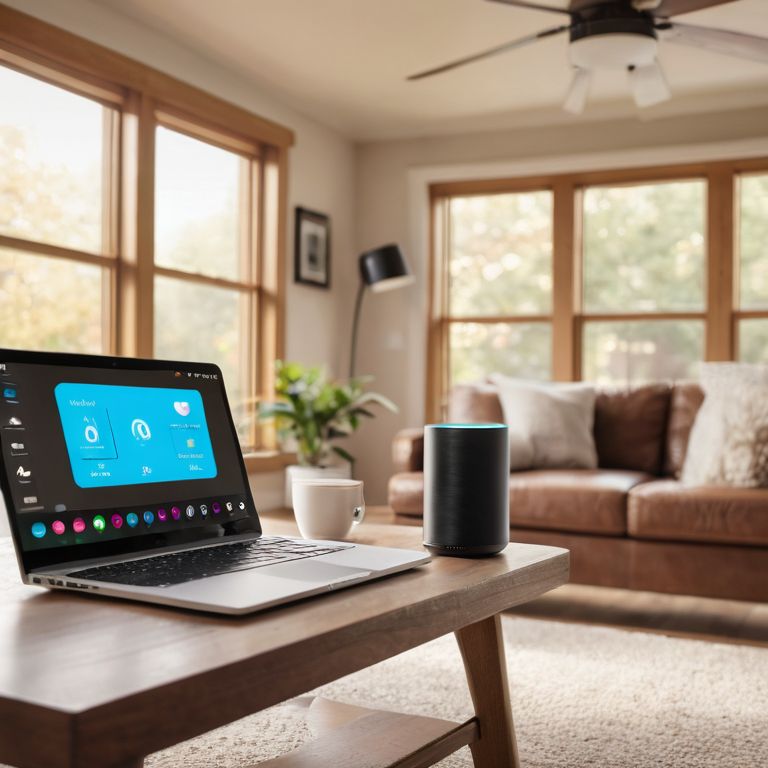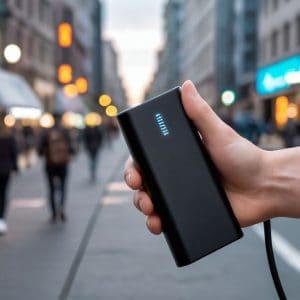I still remember the first time I had to choose between hot-swappable vs soldered keyboards for my custom gaming PC build. It was a daunting decision, especially with all the marketing jargon and biased reviews out there. As a DIY enthusiast, I wanted a keyboard that would give me the freedom to customize and upgrade without voiding the warranty. But, let’s be real, who needs a warranty when you can have the satisfaction of building something with your own hands? I opted for a hot-swappable keyboard, and it’s been a game-changer. Now, I’m excited to share my experience with you, so you can make an informed decision for your own build.
In this article, I’ll cut through the hype and give you a no-nonsense comparison of hot-swappable vs soldered keyboards. I’ll share my personal experience, the pros and cons of each, and what you can expect when working with them. My goal is to empower you with the knowledge to make the best choice for your needs, whether you’re a gamer, a writer, or just someone who loves to tinker. I’ll show you that building and customizing your own keyboard can be a fun and rewarding experience, and that it’s okay to void that warranty in the process. So, let’s dive in and explore the world of hot-swappable and soldered keyboards, and find out which one is right for you.
Table of Contents
Hot-Swappable Keyboards
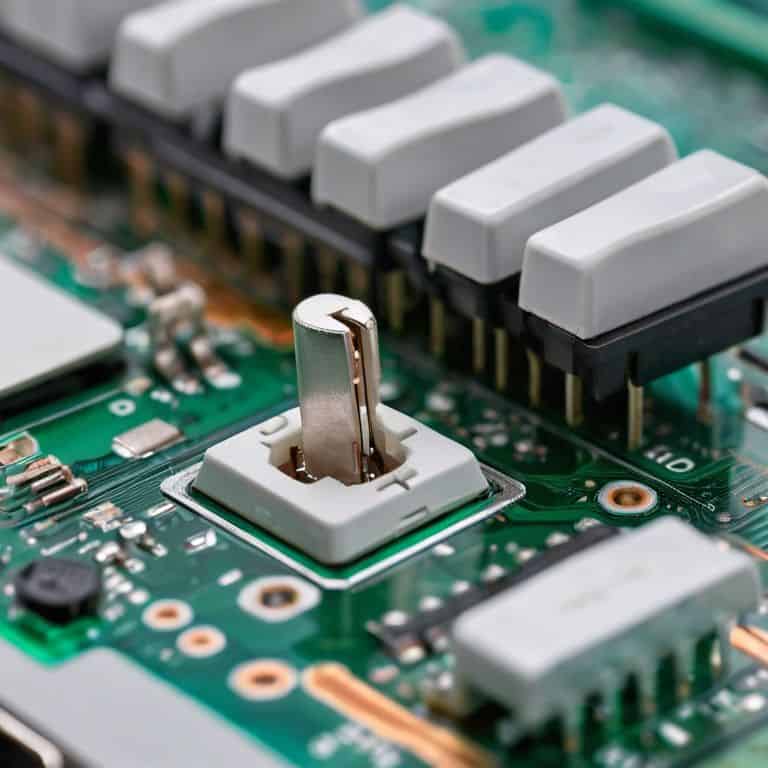
Hot-swappable keyboards are defined as keyboards that allow users to easily remove and replace individual switches without soldering, making it a highly customizable option. The core mechanism involves using a specialized socket that securely holds the switch in place, allowing for a simple pull-and-replace action. This design makes it an attractive option for those who want to try out different switch types or replace worn-out switches without voiding the warranty.
I’ve had my fair share of experiences with hot-swappable keyboards, and I can tell you that it’s a game-changer for those who value flexibility. Being able to swap out switches on the fly allows you to experiment with different typing experiences, from linear to tactile, without committing to a single switch type. This freedom to experiment and customize is what makes hot-swappable keyboards so appealing to enthusiasts like myself, who are always looking to optimize their typing experience.
Soldered Keyboards
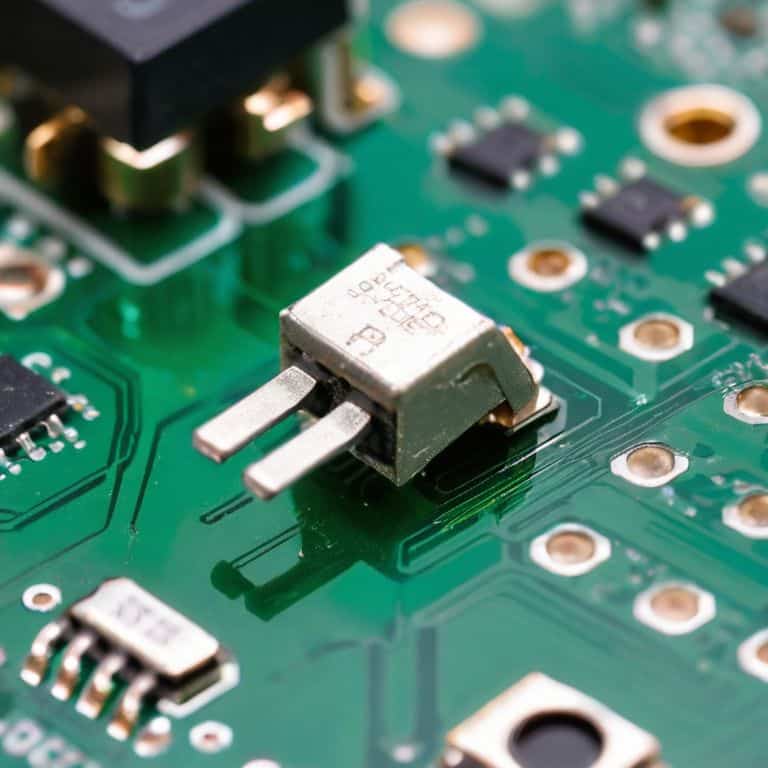
Soldered keyboards, on the other hand, are defined as keyboards where the switches are permanently attached to the PCB using solder, providing a more stable and durable connection. The core mechanism involves using a soldering iron to securely attach the switch to the PCB, creating a strong bond that can withstand heavy use. This design makes it a popular option for those who value reliability and don’t plan on making any changes to their keyboard.
As someone who’s worked with soldered keyboards, I can appreciate the value of a well-soldered joint. However, I also believe that soldered keyboards can be limiting for those who want to try out different switch types or customize their keyboard. The permanence of the soldered connection can make it difficult to repair or modify, which is why I always recommend having a backup plan. Nevertheless, soldered keyboards still have their place in the market, especially for those who value simplicity and reliability.
Hot-Swappable vs Soldered Keyboards: Head-to-Head Comparison
| Feature | Hot-Swappable Keyboards | Soldered Keyboards |
|---|---|---|
| Price | Generally Higher | Generally Lower |
| Customization | High | Low |
| Key Feature | Easy Switch Replacement | Permanent Switch Installation |
| Best For | Enthusiasts, Heavy Users | Casual Users, Budget-Conscious |
| Durability | Variable (Depends on Switch Quality) | Fixed (Less Prone to User-Induced Damage) |
| Repairability | Easier to Repair | Harder to Repair |
| Switch Compatibility | Wide Range of Switches | Limited to Pre-Soldered Switches |
Hot Swappable vs Soldered Keyboards
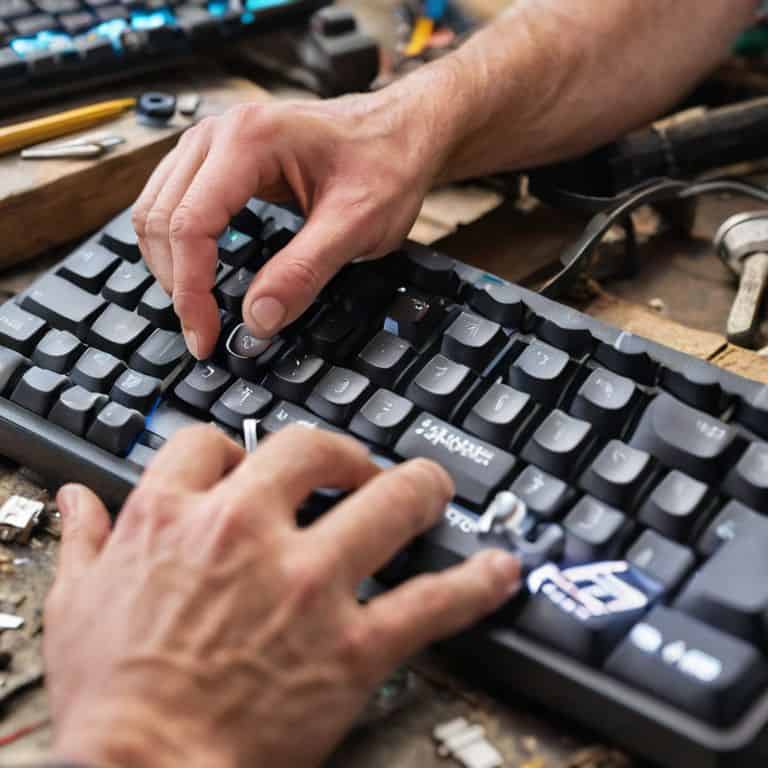
When it comes to customization, the debate between hot-swappable and soldered keyboards is crucial. This is because the ability to easily swap out switches or keys can make a huge difference in the overall user experience. Whether you’re a gamer, a typist, or just someone who likes to tinker, being able to modify your keyboard to suit your needs is a major plus.
In a head-to-head comparison, hot-swappable keyboards are the clear winner when it comes to ease of modification. With a hot-swappable keyboard, you can simply pull out the old switch and drop in a new one, without having to worry about soldering or desoldering. This makes it easy to try out different switch types or replace worn-out switches. On the other hand, soldered keyboards require a much more involved process to modify, which can be intimidating for those who are new to DIY electronics.
In terms of practical implications, hot-swappable keyboards are the way to go. They offer a level of flexibility and customization that soldered keyboards just can’t match. So, when it comes to the criterion of customization, hot-swappable keyboards are the clear winner.
Key Takeaways: Embracing the Freedom of Choice
Hot-swappable keyboards offer unparalleled customization and repairability, making them a top choice for DIY enthusiasts and those who value flexibility
Soldered keyboards, while more restrictive, can provide a more seamless and stable typing experience, especially for heavy users who don’t plan on making frequent switches
Ultimately, the decision between hot-swappable and soldered keyboards comes down to your personal priorities: do you value the liberty to modify and repair, or the reliability of a fixed, optimized design?
Breaking Free from Soldered Shackles
The choice between hot-swappable and soldered keyboards isn’t just about functionality – it’s about freedom; it’s about whether you want to be a consumer or a creator, a prisoner of planned obsolescence or the master of your own technological destiny.
Frankie Miller
The Final Verdict: Which Should You Choose?
So, after diving into the world of hot-swappable and soldered keyboards, it’s clear that both options have their strengths. Hot-swappable keyboards offer unparalleled flexibility and customization, allowing you to switch out switches and keys with ease. On the other hand, soldered keyboards provide a more traditional and streamlined typing experience, with a focus on durability and reliability. Whether you’re a gamer, programmer, or simply a typing enthusiast, there’s a keyboard out there that’s right for you.
In the end, the choice between hot-swappable and soldered keyboards comes down to your individual needs and preferences. If you’re a tinkerer who loves to experiment with new switches and keycaps, a hot-swappable keyboard is the way to go. However, if you’re looking for a more plug-and-play experience and don’t mind sacrificing some customization options for a more traditional typing feel, a soldered keyboard might be the better choice. Ultimately, the best keyboard is the one that fits your unique needs and typing style, so be sure to do your research and choose wisely.
Frequently Asked Questions
What are the potential drawbacks of hot-swappable keyboards compared to soldered ones?
Now, I know some of you might be thinking, “Frankie, what’s the catch with hot-swappable keyboards?” Well, let me tell you – they can be more prone to switch wobble and may not be as durable as soldered ones. But, in my book, the freedom to customize and repair outweighs those minor drawbacks.
Can I convert a soldered keyboard to a hot-swappable one, and if so, how?
Absolutely, you can breathe new life into that soldered keyboard. It’s a bit of a challenge, but I’ve done it myself. You’ll need to desolder the switches, add a hot-swap socket, and possibly rewire some connections. I’ve got a step-by-step guide on my blog that walks you through the process – it’s a fun project that’ll give you a ton of flexibility and customization options.
Do hot-swappable keyboards compromise on durability or performance compared to their soldered counterparts?
Honestly, I’ve found hot-swappable keyboards to be just as durable as soldered ones, with the added bonus of easy maintenance and upgradeability. Sure, there might be a tiny hit in performance, but we’re talking milliseconds – not enough to notice unless you’re a pro gamer. I’ve put my hot-swappable keyboards through hell and they still keep on ticking!
